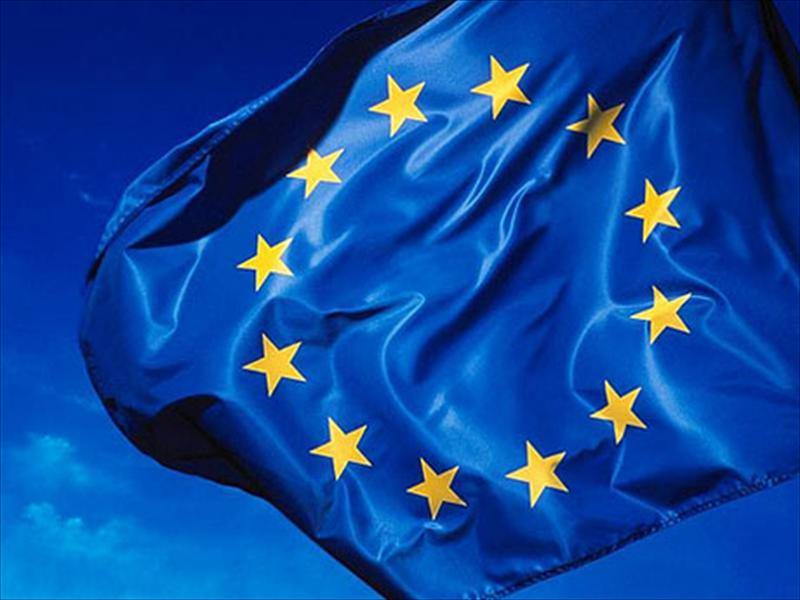Tomorrow, 17 October, marks the International Day for the Eradication of Poverty. This will be a reminder of the great and ambitious goal that guides our determination – freeing people from the scourge of extreme poverty.
We have reasons to be optimistic. A number of countries have pulled themselves out of poverty and are now emerging on the global scene. The number of people living in absolute poverty has decreased by 600 million since 1990 and the EU has critically contributed to this achievement. In fact, I’m proud to recall that at €53 billion of aid in 2011, the EU is the largest donor in the world, providing more than half of global development assistance.
The EU has also been the greatest supporter of the Millennium Development Goals – the Goals that put the eradication of poverty at the top of the global agenda.
We have embraced these Goals and our aid has made a real difference. Since 2004, for example, we have connected 32 million people to drinking water, enrolled more than 10 million children in primary education and provided access to electricity to more than 600,000 families. From
This is a strong record, to build on – but not to rest on.
Our immediate priority is to step up our efforts to reach the MDGs by 2015. The EU €1 billion “MDG initiative” to help partner countries in meeting the targets that are most off-track is a successful example of what can be done.
In today’s rapidly changing landscape, we must continue to build momentum for both economic and social gains for the poor. We are facing new challenges such as food crises due to the impact of climate change and political instability, growing inequalities within societies and need for democratisation. That’s why EU aid is changing as well, as I spelled out in the “the Agenda for Change” – we need smart, targeted and high-impact aid.
We are also starting to look beyond 2015. As a Member of the High Level Panel on the Post-MDG framework, I believe the key vision underpinning our work should be: how to guarantee a “Decent Life for All by 2030”.
We need updated and modernised MDGs, providing decent living standards for all – a set of minimum floors below which no one should fall. We also have to focus on the drivers for prosperity, creating jobs and guaranteeing justice and equity. Without dignity, poverty remains. And finally, we should be focused upon “good stewardship” of natural resources.
I am convinced it is possible to rid the world of extreme poverty in our lifetime. I’ll remain committed to making sure the European Commission does all it can to reach this ambitious objective.


